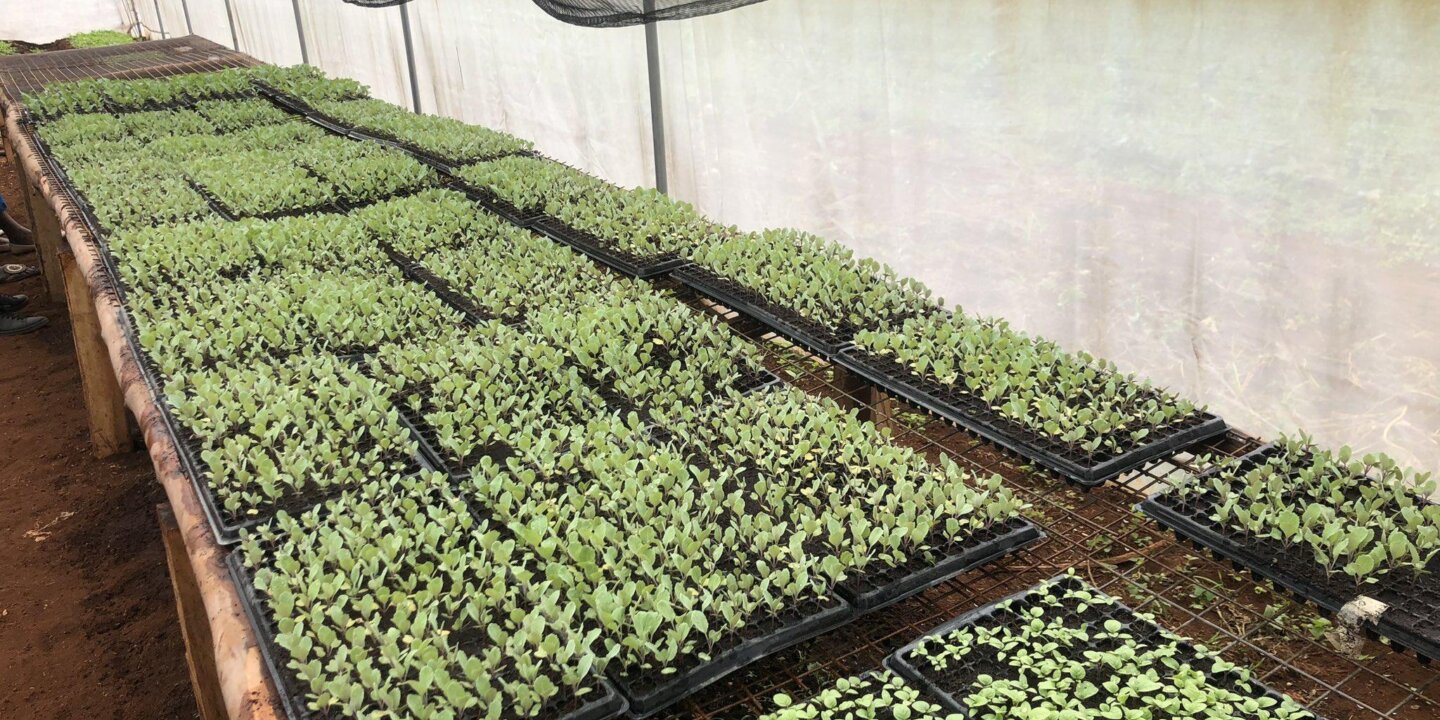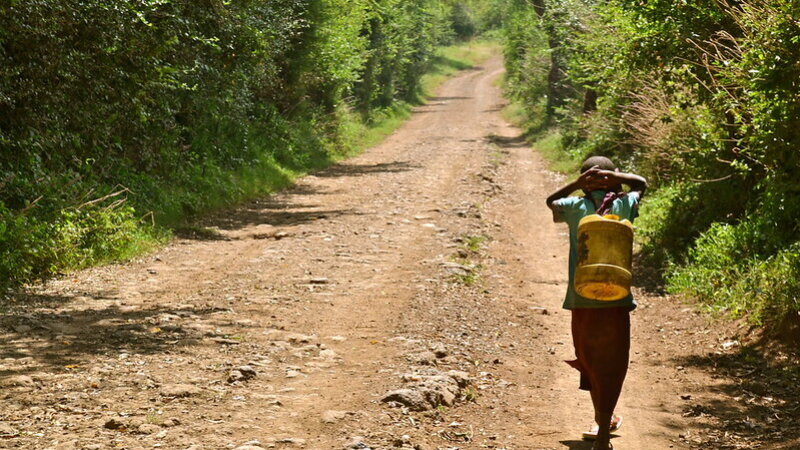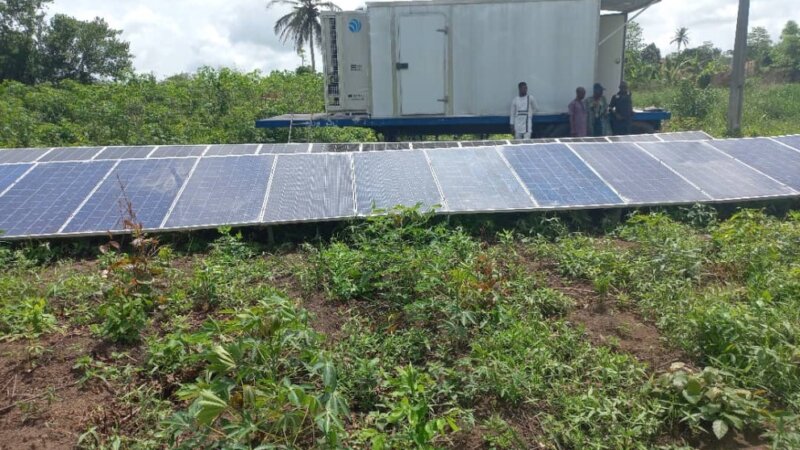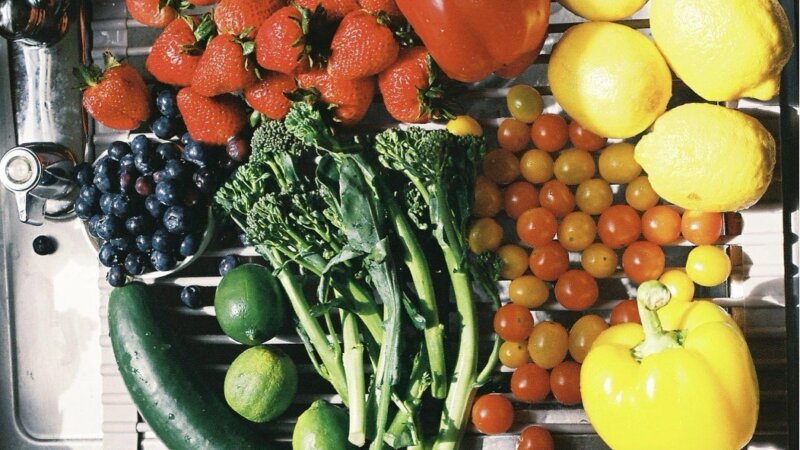Cultivating resilient cities: transforming urban and peri-urban agriculture

Healthy soilless vegetable seedlings in a greenhouse.
Ann Perpeture Njeri is a researcher on plant health at NemAfrica, a joint nematology Lab between icipe and IITA*. She is a participant of the 2024 food systems e-course from Kenya. She wrote about an innovative project she is passionately involved in and how the food system approach contributes to its implementation to address challenges and boost impact.
I live in Nairobi, one of the fastest-growing cities in the world. Currently, the city is home to approximately five million people; by 2050, this number is expected to double. As cities expand and populations increase, the gap between food production and consumption widens, jeopardising the nutritional well-being of urban communities. This calls for an innovative solution.
I work in the Resilient Cities Initiative (RCI), a CGIAR Initiative that aims to improve food security by increasing safe and sustainable food production in urban and peri-urban areas. This groundbreaking initiative is led by Prof Danny Coyne, a soil health scientist. It has similarities with “Food Smart Cities” in terms of creating sustainable urban food systems. However, while Food Smart Cities emphasises on technological solutions and policy frameworks, Resilient Cities Initiative has a more targeted approach that advocates the use of clean, healthy vegetable seedlings in tray-based soilless media.
It is a climate-smart technology that promotes a robust root system to ensure efficient access to water and nutrients. Moreover, healthier plants are less prone to disease and so it reduces over-reliance on chemical pesticides. The vigorous root system reduces transplant shock and loss, while the uniform propagation conditions result in homogenous plant growth for better harvest timing.
So far, the result is impressive. We have witnessed an increase in food production of up to 80-90%, thus improving the farmer’s livelihood, positively impacting food security, and reducing environmental chemical contamination. Approximately 300 farmers have adopted the technology in less than a year. However, as expected while introducing new technology, it has not been a smooth journey. The main challenge was convincing farmers.
The transition to using soilless tray media requires a small initial investment and basic knowledge of nutrients and irrigation systems. So, farmers had the notion that it is too technical and not affordable. What helped us mitigate this challenge is our central approach to education and hands-on experience, as well as our adherence to meaningful partnerships with key stakeholders. We engage with farmers through demonstration plots, teach them good agronomic practices, and mentor youths on climate-smart agriculture. We also train agricultural extension officers, collaborate with schools, and participate in field days. And, most importantly, we work with key stakeholders, such as the World Vegetable Centre and the City-County agricultural department, which allows us to engage with more farmers.
Participating in the food systems e-course has been a transformative experience. I learned the complexity of our current food system and the importance of multi-stakeholder engagement to formulate tailor-made approaches that can drive positive change in our food system. The lessons helped me to review our approach in the Resilient Cities Initiative and identify areas of improvement. Beyond its contribution to resolve current and future implementation challenges, cultivating impactful collaborations lays the foundation for making food security a reality for all. So, as we move forward in cultivating resilient cities, we will make sure our approach continues to involve all stakeholders and guarantees a sustainable food system.
--
* International Institute of Tropical Agriculture (IITA) is part of the CGIAR research network.
Author

Ann Perpeture Njeri
e-course participant





